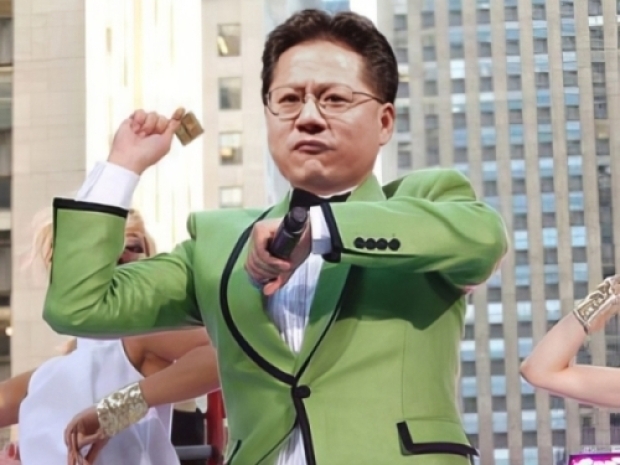Only 17 countries and Taiwan were to be granted unrestricted access to advanced AI chips like Nvidia’s H100. More than 100 other nations, including India, Israel and Singapore, faced export caps, while China, Russia and Iran were locked out.
Nvidia, which flagged a potential $5.5 billion blow from the restrictions, welcomed the reversal. “With the AI Diffusion Rule revoked, America will have a once-in-a-generation opportunity to lead the next industrial revolution,” a company spokesperson said.
The Trump camp now plans to replace the tier system with bilateral deals. Countries such as Saudi Arabia and the UAE could get better chip access if they cosy up to US trade and investment policies.
China remains on the naughty step, with bans on Nvidia’s H20 and AMD’s MI308 chips still in force. Analysts reckon this move offers short-term relief, but tougher rules could be waiting in the wings.
Markets liked the news, with Nvidia shares up three per cent and AMD notching a 1.8 per cent gain. With new export rules still on the drawing board, the sector is hardly relaxing.
The whole saga is the latest in a series of US attempts to choke China’s access to top-end semiconductors, a strategy that started in earnest during the Trump administration’s original tech cold war. In 2019, Huawei and others were blacklisted, effectively cutting them off from US chips and design tools. That scorched-earth policy escalated under Biden, with sweeping export controls imposed in October 2022 that barred China from acquiring advanced manufacturing gear and AI chips.
Those restrictions battered Chinese access to cutting-edge semiconductors and forced firms like Nvidia to create crippled versions of their GPUs for the Chinese market. Job’s Mob followed suit, pulling licences and cutting supply routes. Chipzilla got stuck in the crossfire too, with multiple sales blocked to Chinese firms.
Washington's rationale has always been about national security and tech leadership, claiming it needs to stop authoritarian regimes from weaponising AI. But the industry has complained loudly that the rules were hurting US sales and letting Chinese firms develop home-grown alternatives instead. The AI Diffusion Rule was the bureaucratic cherry on top, trying to close off backdoor supply chains through countries like Singapore and India.

